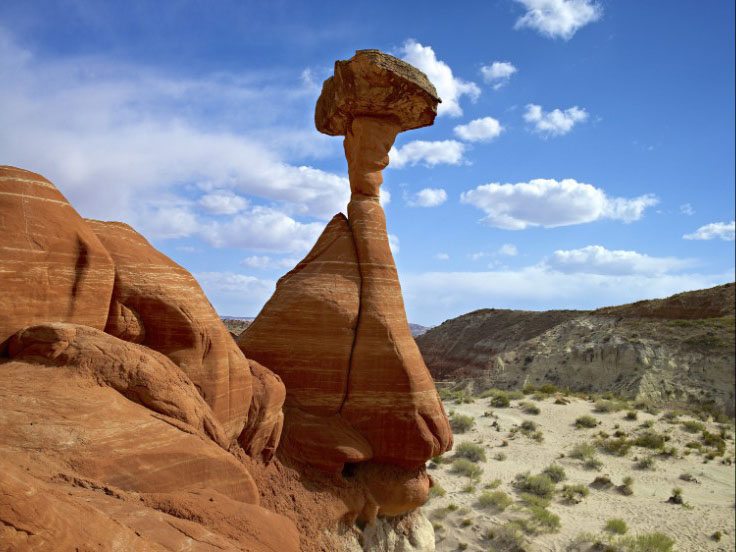Kidney Stones
Kidney stones or nephrolithiasis is a common condition for individuals living in Arizona as we live along the “stone belt.”
Causes of Kidney Stones
The most common cause of kidney stone is dehydration and diet while there are many other metabolic conditions that can also contribute to the risk of developing them. These conditions include: renal tubular acidosis, high oxalate diet, hyperparathyroidism, elevated urine excretion of uric acid (occasionally found in patients suffering from gout or obesity), decrease levels of urine citrate and magnesium, sarcoidosis, and occasionally rare genetic disorder that lead to excessive excretion of amino acids into the urinary tract.
Passing of Kidney Stones
Unfortunately, most kidney stones announce their presence when they begin to pass. This leads to significant discomfort that usually leads to a trip to the emergency room. Occasionally kidney stones are discovered because an individual had an imaging study such as a CT scan or an ultrasound for another reason.
Although not all kidney stones need to be treated, patients who need surgical intervention can expect options including:
Extracorporeal shockwave lithotripsy
Ureteroscopy with laser lithotripsy and/or stone basketing
Percutaneous nephrolithotomy
If a kidney stone is small enough, it can occasionally pass on spontaneously with increase fluid intake and sometime the use of medication such as an alpha-blocker like Flomax and Uroxatral,
If an individual has recurrent history of kidney stones, a workup to evaluate risk factors is recommended. In most cases, the workup usually include a 24 hour urine collection, labs to evaluate for gout and hyperparathyroid disease.


